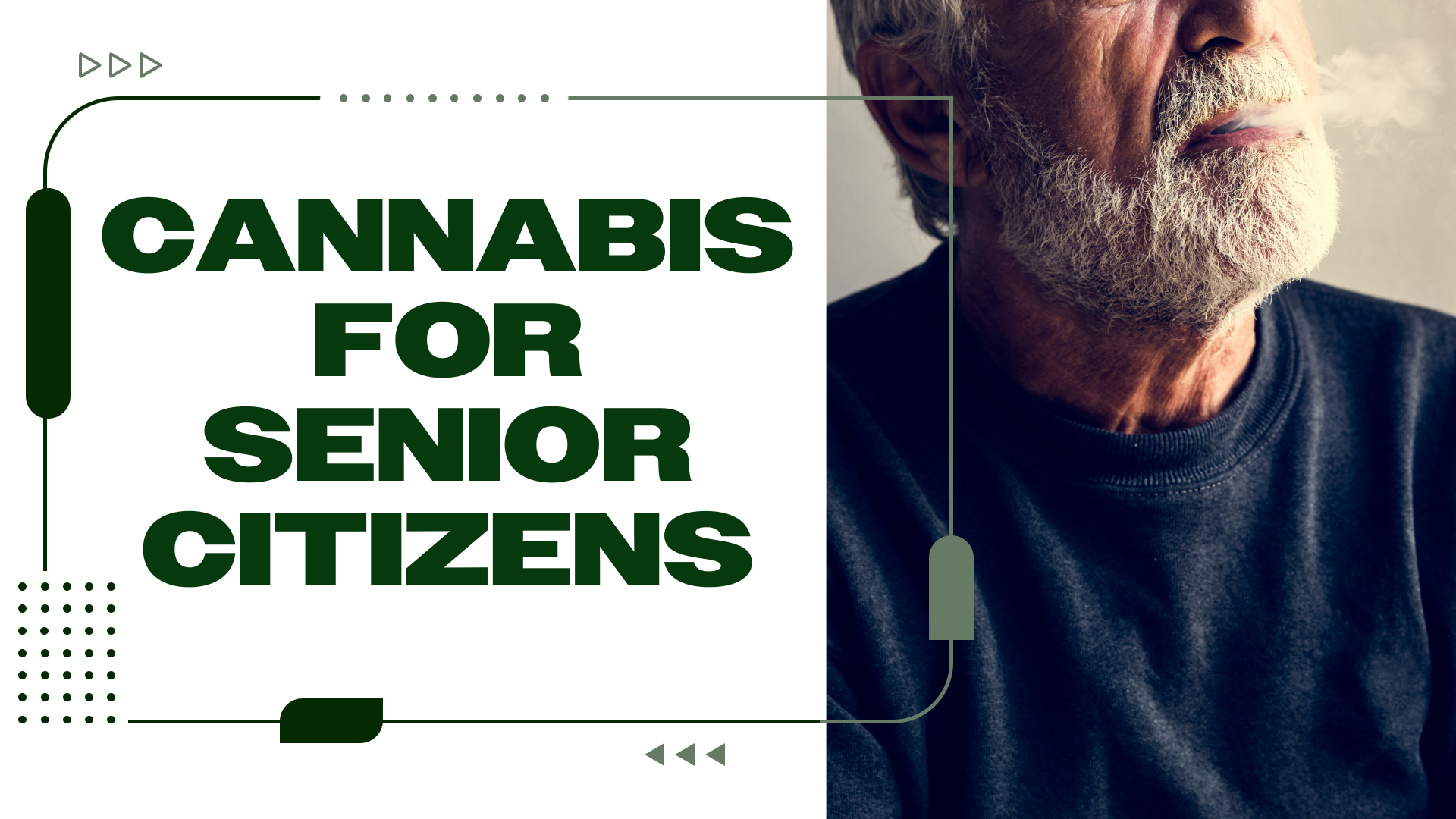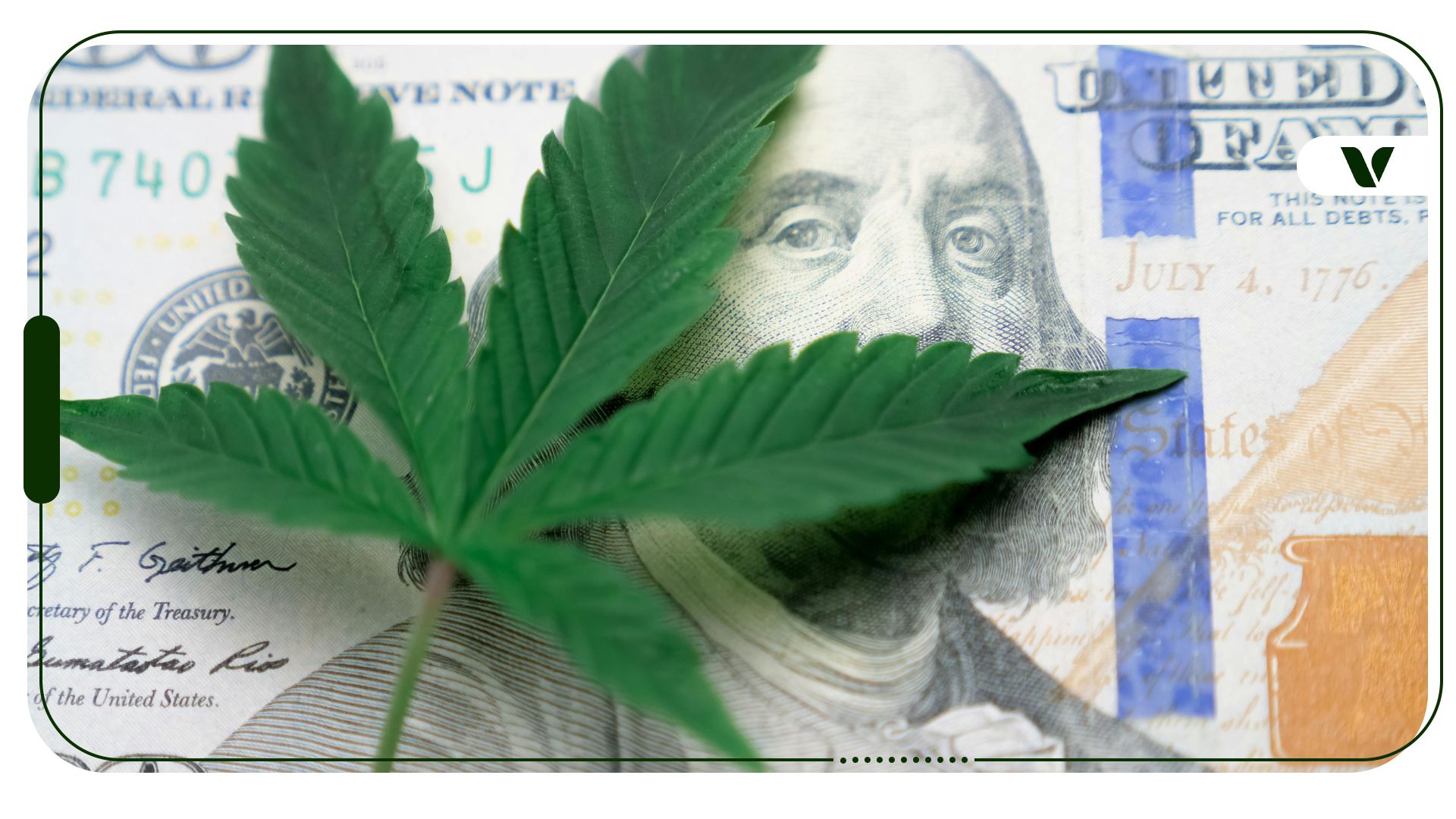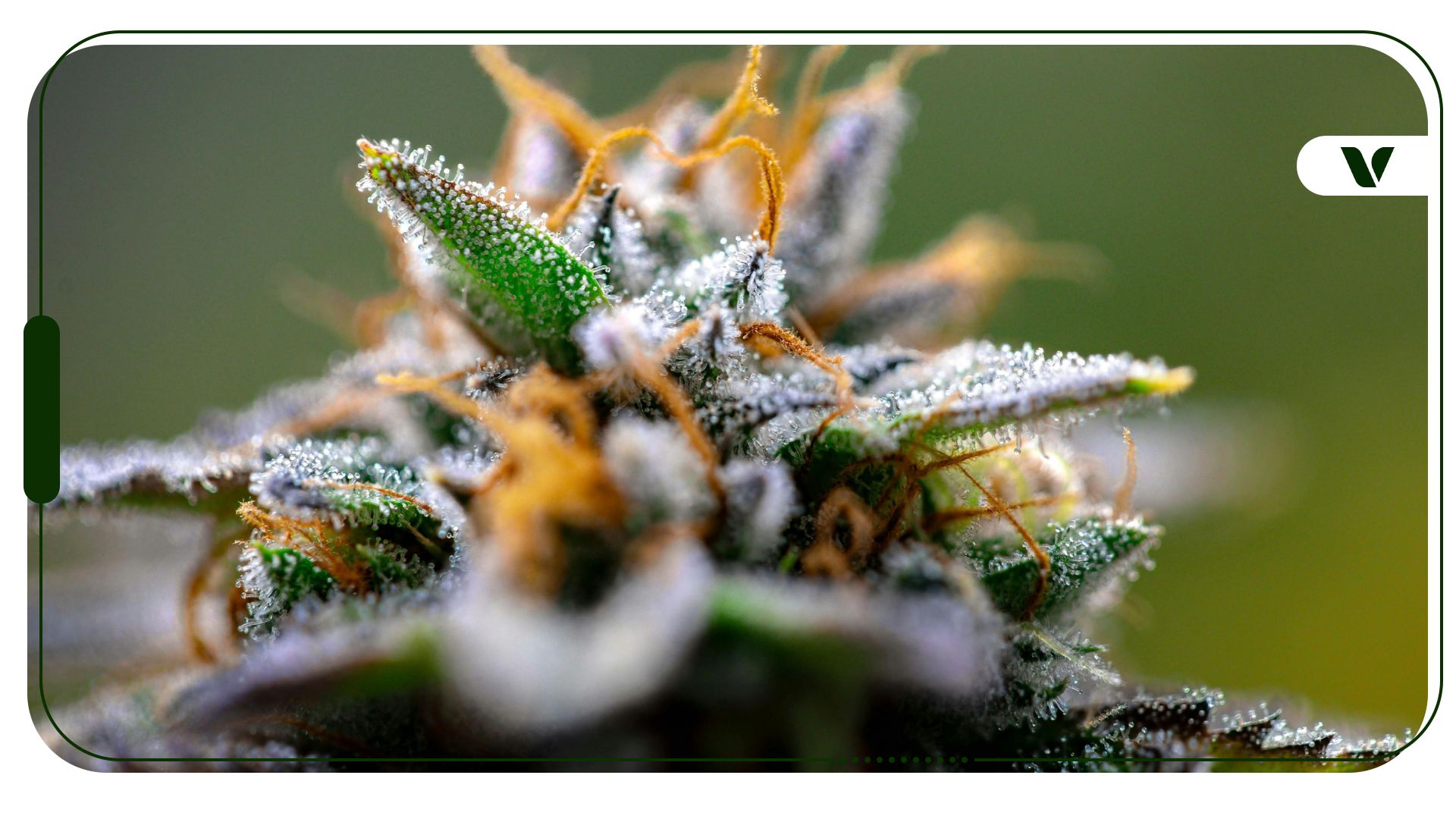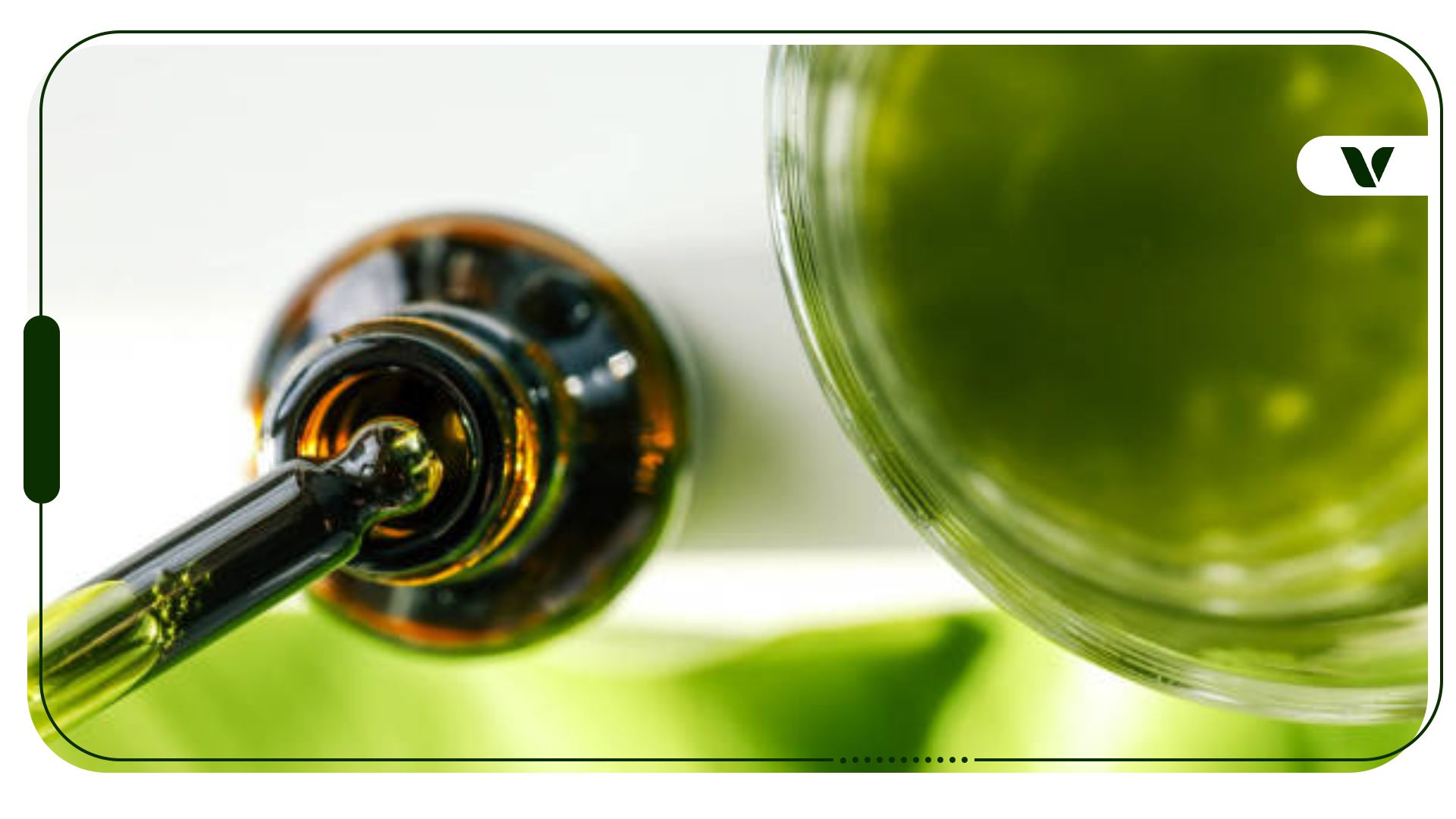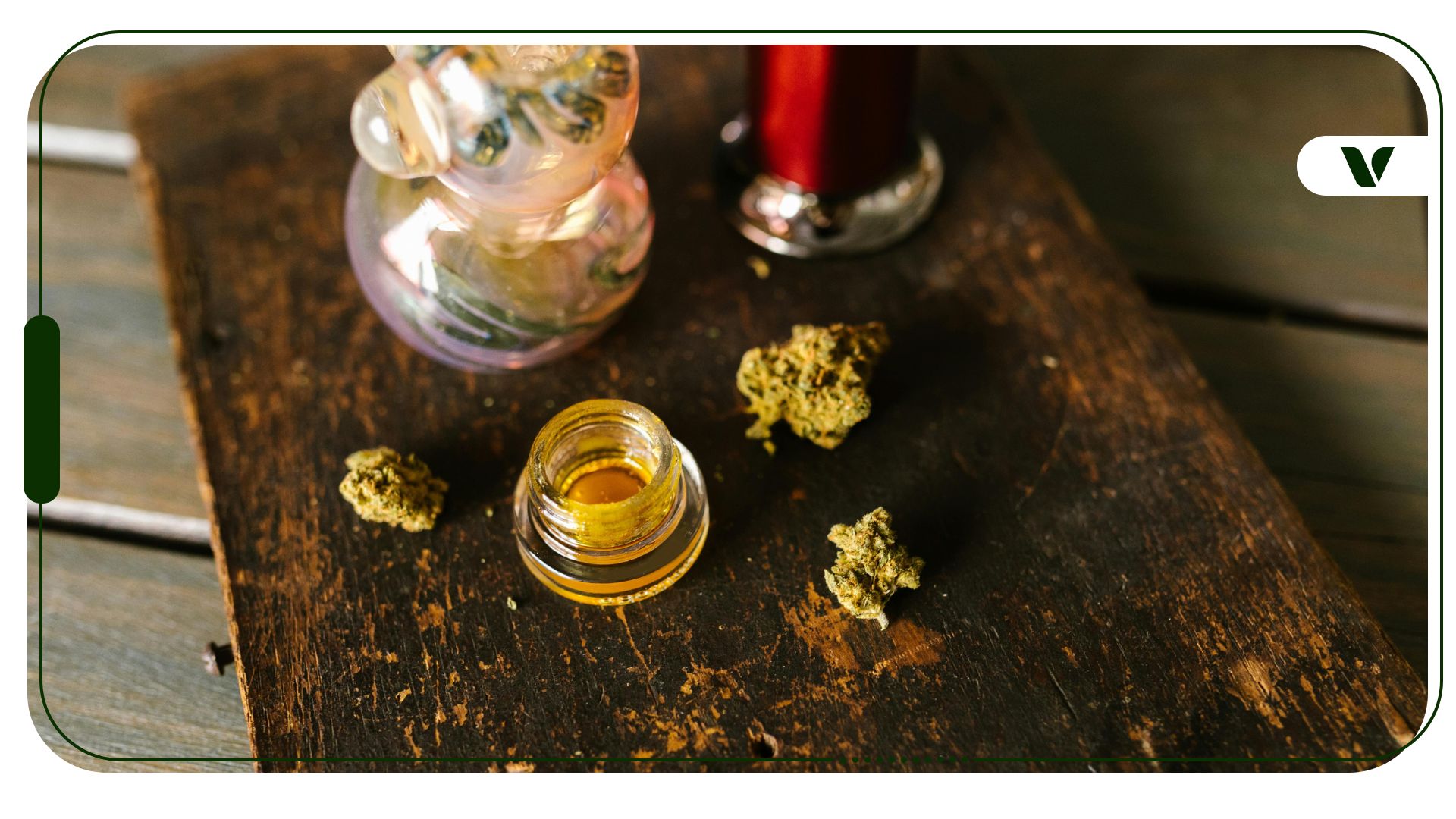The media has always played a large role in shaping cannabis laws as well as shaping the public’s attitudes towards cannabis, or rather ‘marihuana’- as it was most commonly referred to during the Reefer Madness era. Many of the senior citizens today harbor deep-rooted fears towards cannabis due to circulating official statements, and movie taglines that all suggested that while “opium, morphine and heroin” are “dangerous drugs”, “even more dangerous, more deadly, than these soul-destroying drugs is the menace of marijuana”. However, the fear instilled into the senior citizens of today was based on nothing but propaganda driven by personal interest. Fortunately, today many media platforms are dedicated to delivering supported claims of the efficacy and safety of cannabis as a therapeutic product and more senior citizens coming around to it. Now, more than ever, senior citizens are learning about the benefits of cannabis despite whether their opinion on cannabis was influenced by the Reefer Madness era or the counterculture movements of the 60s and 70s.
A recent student even found that more seniors are saying yes to cannabis than ever before, whether they are doing so because cannabis can help with the aging process, whether it induces nostalgia or whether they are turning to cannabis for ailment relief. Despite the fears and concerns one may have, research has suggested that cannabis is not only safe for consumption but is also effective as a therapeutic tool for symptoms and conditions associated with aging.
What Happens to Our Bodies as We Age?
The World Health Organization (WHO) explains that aging, at a biological level, “results from the impact of the accumulation of a wide variety of molecular and cellular damage over time”. This accumulation of damage over time will lead to a decrease in one’s physical and mental capacity. This includes an increased risk of disease and then eventually, death. It’s a gloomy reality but one we must come to accept. However, the results of aging are quite loosely associated with age in years. This means that two individuals of the same age in years, could be in different stages of aging For example, one may be in good health and fully functional, while the other is growing weaker and requires assistance to function.
WHO has set out the common health conditions associated with aging and includes the following:
The organization also explains that “it is important not just to consider approaches that ameliorate (meaning to make better) the losses associated with older age, but also that may reinforce recovery adaptation and psychological growth”. A potentially effective approach to dealing with the results of aging, while also encouraging recovery, is cannabis.
How Cannabis May Benefit the Aging Population
As you can see, or perhaps you already know, that aging is not for the faint-hearted. As our bodies degrade, ailments and health conditions arise that can cause significant challenges to activities of daily living and may require a substantial amount of pharmaceutical medication to alleviate or manage. Let’s have a look at some of the conditions associated with aging that cannabis has been known to help treat.
Geriatric Conditions That Cannabis Can Help:
- Chronic Pain
- Cancer
- Multiple Sclerosis
- Glaucoma
- Parkinson’s Disease
- Alzheimer’s Disease
- Dementia
- Mental Health– including Depression
- Anxiety
- Loss of Appetite
- Insomnia
How Cannabis and Pharmaceuticals Can Work Together
Many pharmaceutical medications come with risks and adverse side-effects, which may require additional medication of their own. However, medical cannabis and pharmaceutical medications do not need to be competitors or even enemies. Combining cannabis with pharmaceutical medications can help reduce side effects. An example of an effective and common combination of cannabis and pharmaceuticals is when cancer patients who are receiving chemotherapy use cannabis to manage the side effects that often include nausea and loss of appetite. Cannabis can also be used to reduce or even replace commonly concerning pharmaceuticals, such as those that are opioid-based and commonly prescribed for pain, especially since cannabis has been found to be a more effective pain alleviator, and since it has been found to be preferred by patients.
Using cannabis alongside pharmaceuticals can improve the outlook and concerns that many have about taking medications. Both medication and cannabis come with the risk of negative side effects, but it’s worth noting that the side effects of cannabis are shown to be significantly less severe. And many utilize cannabis to help deal with adverse reactions to their prescriptions.
Interested patients should first consult with a qualified healthcare provider. Never self-diagnose or self-treat, and keep in mind there may be other safe and established medication options your healthcare provider may recommend. So, let’s explore what research has to say about cannabis therapies for senior citizens.
Existing Research on Cannabis for Senior Citizens
Increased Use Among Older Adults
It is commonly assumed and accepted that the most common demographic consuming cannabis is young adults, but recent statistics have shown that the number of middle-aged or older adults who are consuming cannabis has increased rapidly in the last decade and may soon void that common assumption. According to an article published by the journal Drug and Alcohol Dependence, it was found that there was more than double the amount of cannabis consumers in the older category, around 9% for people aged 50-64 and around 2.9% for 65 years and older. While those statistics seem small, it is still double that of the previous decade.
Why You Should Get Your Medical Marijuana Card
Veriheal has satisfied millions of patients nationwide by giving them access to these benefits
- Larger purchase limits
- Peace of mind
- Enhanced legal protection
- Access to higher potency strains
- Save up to 25% on cannabis purchases
- Skip the line at the dispensary
Since then, another study has been conducted which found that the amount of cannabis consumers older than 65 has risen to 4.2% in just three years (2015-2018). The same study found that there was a significant increase in consumption amongst women as well as amongst those who suffer from diabetes, have one or less chronic conditions, received mental health treatment as well as reported recent alcohol use.
Evidence of Efficacy
This first study looked at the efficacy of cannabis, specifically with regards to seniors, and ultimately concluded that more research needs to be conducted considering the limitations of the research currently available. The study had 153 participants who were 75 years or older, with 84.8% of them reporting some degree of improvement. The researchers allocated six-months after the study to check up on the participants and their cannabis use and found that 58.1% of the participants were still using cannabis, while only 8.1% of the participants discontinued their medical cannabis use, and the rest were lost to follow-up or did not complete treatment plans by the time of the analysis.
The next study also looked at the efficacy of medical cannabis in the elderly, as well as the safety. The highlights of the study include finding that pain and cancer were the most common indications for cannabis use in the elderly, that 93.7% of participants reported improvements in their conditions during a six-month treatment, that there was a decrease in prescription medication use as well as finding that there was a decreased number of reported falls during the six-month treatment.
This final study also supports evidence of having a reduced need for pharmaceuticals, especially of those containing opioids, when consuming medical cannabis. The study found that cannabis was well-tolerated among elders and that significant symptom relief was reported. Additionally, the study also reports that 32% of the participants reduced their opioid medication consumption. In this same study, it was reported that 69% of participants experienced symptom relief, with 49% improvement in pain, 18% improvement in sleep, 15% improvement in neuropathy as well as 10% improvement in anxiety.
Consumption Methods and Advice
For many senior citizens, or elders, consuming cannabis is associated with getting ‘high’ and while cannabis is good for that too, it is possible to consume cannabis without getting ‘high’. If one wants to avoid getting high, they simply need to consume cannabis products with a low quantity of the intoxicating cannabinoid known as tetrahydrocannabinol (THC).
Remember that both THC and cannabidiol (CBD) are psychoactive because they both affect your brain; however, the difference is that THC makes you feel intoxicated which is what the ‘high’ stems from. So in order to ensure your best experience with cannabis, make sure to buy the right products. Try to purchase products containing low levels of THC, unless you do not mind the intoxication; also, try to aim for products of good quality with available testing information. Be cognizant of products that coincide with a compatible consumption method. In other words, do not buy cannabis flower if you can’t smoke it unless you plan on making your own products or edibles like cannabutter.
Methods and Examples of Consumption:
- Inhalation: smoking or vaping.
- Sublingual: administration under the tongue through drops, tinctures, etc.
- Oral: edibles, capsules, drops, etc.
- Suppository: rectal or vaginal administration of capsules
- Topical and Transdermal: ointments, lotions, patches, etc.
Senior citizens should consult their physicians so that they may decide on the best methods of consumption to suit personal needs and preferences.
The Pros and Cons of Medical Cannabis Use for Seniors
As with most things in life, there are pros and cons for using cannabis as an aging citizen. Many in the elderly population are already on medication and research for cannabis drug interactions is limited. Again, it’s so important to consult with a doctor beforehand. An example of a bad pairing, for the moment, would be for heart patients since research is now pointing out that cannabis can interact with heart medication and also have possible negative effects. The interactions of cannabis are complicated and should be approached with caution, especially if you are chronically consuming medication for a condition.
| The Pros |
The Cons |
| Elders may enjoy potential medical benefits of cannabis due to its many protective, reductive, and therapeutic uses. |
Cannabis is not a cure-all and could potentially interact with prescription medication. |
| You can use medical cannabis without getting ‘high’ by choosing products with low THC content. |
Some THC content is advised so that you may benefit from the entourage effect- which is when the compounds in cannabis work together synergistically. Unfortunately, this may run the undesired risk of getting ‘high’, especially if the content has not been properly tested. |
| Consuming a strain with a significant quantity of the sleepy cannabinoid, CBN, can alleviate insomnia. |
Consuming a strain that makes you sleepy when you do not want to be sleepy or need to be alert may be a concern. |
| Some patients who use medical cannabis experience a reduced need for opioid use. |
Cannabis can cause dizziness, which can then cause problems with balance, a major concern for many senior citizens as bodies become more fragile with age. |
| Cannabis use, along with better sleep, means a reduction in pain, increased appetite, inflammation reduction, and ultimately an increased quality of life. |
Medical insurance, and medical aid, will not cover cannabis as a therapeutic tool or medication. |
| Cannabis potentially regulates blood pressure and increases blood flow as it acts as a vasodilator. |
Cannabis may negatively impact certain heart conditions, especially if it is interacting with medications. |
Unfortunately, the lack of available research plagues the whole of the cannabis industry. However, the limited research that exists and anecdotal evidence supports cannabis’ potential as an effective therapy and a safe option for alleviating an array of symptoms and conditions, many of which are associated with or attributed to aging.
Many of the health conditions associated with aging are also likely to be found on lists of qualifying conditions for state medical cannabis programs. Senior citizens should consider obtaining a medical cannabis card, or mmj card. It opens doors for patients so that they can pay lower costs, be allowed higher possession limits, have the ability to grow more cannabis, be eligible to enter exclusive medical dispensaries, gain access to stronger potency if needed, and have stronger legal protection.
Obtaining a medical cannabis card sounds like an easy process, but it can be complicated depending on state laws. Veriheal offers easy to use, online and simple solutions to help you get approved and find a dispensary. Simply book your appointment with us, talk to an appointed medical cannabis doctor and the rest is easy peasy!
Author, Share & Comments



